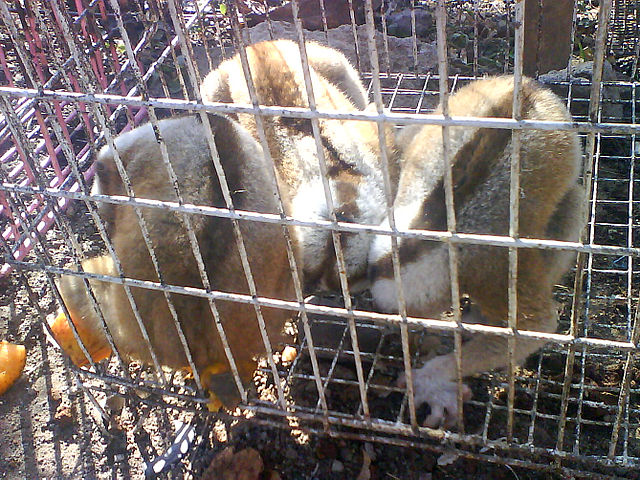More than US$2 trillion in economic losses is incurred each year due to smuggling, counterfeiting, trafficking of humans and wildlife, and other forms of illicit trade, according to the United Nations Conference on Trade and Development (UNCTAD).
“Illicit trade drains nearly 3% of the world’s economy. If it were a country, its dark economy would be larger than Brazil, Italy and Canada—and as large as Mexico and Indonesia combined,” UNCTAD said in a release ahead of the first ever Illicit Trade Forum, a two-day event the organization is holding in collaboration with the Transnational Alliance to Combat Illicit Trade (TRACIT) on February 3 and 4.
“Illicit trade endangers all aspects of development and all 17 of the UN Sustainable Development Goals (SDGs). It creates a triple threat to the financing of development: crowding out legitimate economic activity, depriving governments of revenues for investment in vital public services and increasing the costs of achieving the SDGs by eroding the progress already made,” UNCTAD Secretary-General Mukhisa Kituyi said.
Aside from economic losses, illicit trade endangers public health, as sub-standard and fake antimalarial medicines alone cause more than 100,000 deaths per year in Sub-Saharan Africa, said UNCTAD.
Illicit trade also pushes endangered species to the brink of extinction and causes irreversible damage to ecosystems. For instance, illegal logging, with an estimated annual value of up to $157 billion, is the world’s most profitable crime involving natural resources.
Further, it threatens the rule of law, owing to its links with organized crime—from human trafficking networks and tobacco smuggling to the involvement of organized criminal groups in fuel theft and the trade of counterfeit goods. Even more frightening are the links to terrorist financing that heighten threats to national and global security.
Aside from deliberations on how to act together to defend the SDGs against illicit trade, the forum is expected to generate a roadmap for collective action by government, business and other stakeholders, including a call for shared policy guidelines and a process to ensure member states benefit from intergovernmental experiences and expertise.
Meanwhile, the “Mapping the Impact of Illicit Trade on the SDGs” report of TRACIT shows these figures relating to illicit trade.
Counterfeit goods
- Up to 5% of goods imported to the European Union are fake. Imports of counterfeit and pirated goods are worth nearly $500 billion a year.
Food and fish
- Fake, substandard, smuggled and illegal agri-foods cost the global food industry an estimated $30 billion to $40 billion each year.
- The Ivory Coast lost about 125,000 tons of cocoa to smuggling in the 2017-2018 season, equivalent to 9% of the harvest—a significant loss in a country where cocoa accounts for 20% of exports.
- One in four alcohol bottles worldwide are illicit, representing 25.8% of all global consumption.
- Global losses to illegal, unreported and unregulated fishing are estimated at between $15 billion and $36 billion, representing 14% to 33% of global marine capture value.
Health
- Between 72,000 and 169,000 children may be dying from pneumonia every year after receiving ineffective illicit medicines.
Mining
- South Africa’s illegal trade in precious metals is estimated at $1.3 billion a year, a significant drain on the country’s GDP, export and trade balances.
- Illegal gold mining in Ghana degrades forests, pollutes around 75% of the waterways and erodes biodiversity.
Photo By www.profauna.org









